- 21 Posts
- 6 Comments

 201·2 days ago
201·2 days agoEuropean Reactions to the U.S. Retreat From Democracy
[…] Three levels of concern are emerging.
First, and of most immediate importance, is the issue of international democracy funding. With nearly all U.S. democracy aid dramatically frozen, European donors are already receiving hundreds of requests to provide emergency support to the affected civil society recipients. […] European funding for democratic governance is around €4 billion ($4.2 billion) a year, compared with U.S. funding of around $3 billion, meaning European donors would need to increase funding levels by around 75 percent to cover the shortfall entirely […]
A second concern is more self-protective [as] many in the EU and European governments fear they face a more crucial task of defending European democracy itself from brazen and truculent U.S. assaults. Far from filling the gap left by suspended U.S. funding, the EU seems to be on a trend toward diverting more resources internally—that is, into protecting European democracy from harmful U.S. interventions. The Trump administration has supported the far-right figures who are unsettling European democracy, while U.S. big tech is now seen as a major threat to political pluralism in Europe […]
A third level of putative adjustment relates to the broader shape of global democratic alliances. Beyond the EU’s own funding choices, the question arises of how far international cooperation on democracy can now be built without the United States […] Non-Western democracies have often complained about heavy-handed U.S. leadership of the democracy agenda […] A key question is whether these democracies will want to invest large amounts of resources in a post-U.S. democracy agenda. They will now face a crucial test of whether they are willing to adopt such proactive agency […]

 2·2 days ago
2·2 days agoI don’t think so.

 2·3 days ago
2·3 days agoThe EU should have an own policy without the US (or anyone else) on any issue. It seems clear that the US isn’t a reliable partner anymore with the new Trump administration’s tariff threats and its backtracking on democratic values, the latter being more and more aligned with China than with Western democracies.
I am sure Mr. Albares is focused on both, the Chinese investments Spain has been receiving in recent years and the protection of universal human rights that are increasingly under threat in China.

 1·4 days ago
1·4 days agoPortrait of a Nation: How Ordinary Russians’ Lives Have Changed in 3 Years of War
… “Since the special military operation began, I no longer live my life but merely exist in this world. I lost my only son [in the war]. I have my daughters to care for, so I have to keep living and go to work,” said a middle-aged woman from the Mongolia-bordering republic of Tyva.
“My husband started drinking heavily after our son’s death, but he stopped after I once tried to take my own life. Of course, I haven’t told any of this to people around me — I just often cry quietly when no one is around,” she told The Moscow Times on condition of anonymity … “There are many funerals here, and there is much more drinking and aggressive behavior [from men] — that’s how people choose to express their pain and dissatisfaction,” said the Tyvan woman ,
“There is a deep and growing resentment toward the authorities,” a woman from the [Russian] Kursk region whose parents are missing in Kyiv-occupied territory told The Moscow Times. “We are asking for our loved ones to be evacuated from there. But we don’t understand why no one is making any effort to get them out,” she said ,
… “At tea gatherings [a social tradition among Indigenous Bashkirs], people discuss how many buses with coffins they saw arrive, whose sons were killed or taken to the front, recall how soldiers who came back for a short-term leave raped women in villages…There are many of these stories,” Altynay [a native of a village in Bashkortostan’s southeastern Baymak district who asked to be identified by a pseudonym] told The Moscow Times …
… In the Kremlin’s quest to promote “traditional values,” Russian authorities have intensified their crackdown on the LGBTQ+ community, outlawing it as “extremist” and pushing many queer spaces further underground or forcing them to shut down entirely. “A lot has changed since the war began,” a member of Moscow’s LGBTQ+ community told The Moscow Times. “Many clubs, especially gay clubs and sex parties, have either gone deeper into hiding — or disappeared altogether.” …
… The rising food prices might be the one impact of the war that almost every Russian has felt. “Food and fuel prices in our republic have always been higher than in neighboring regions, so I didn’t feel how much the prices have increased right away,” said the man from Tyva. “Six months into the war, I noticed the first sign [of inflation] — car parts became more expensive. Now the cost of everything…is five times more than pre-war,” he told The Moscow Times …
[Edit typo.]

 01·5 days ago
01·5 days agoThis is not rumors. Weidel admitted to have met the Chinese ambassador, she was on China’s payroll, and her close ties with China have long been known. All these ate facts. Just read the article (and other sources across the web).
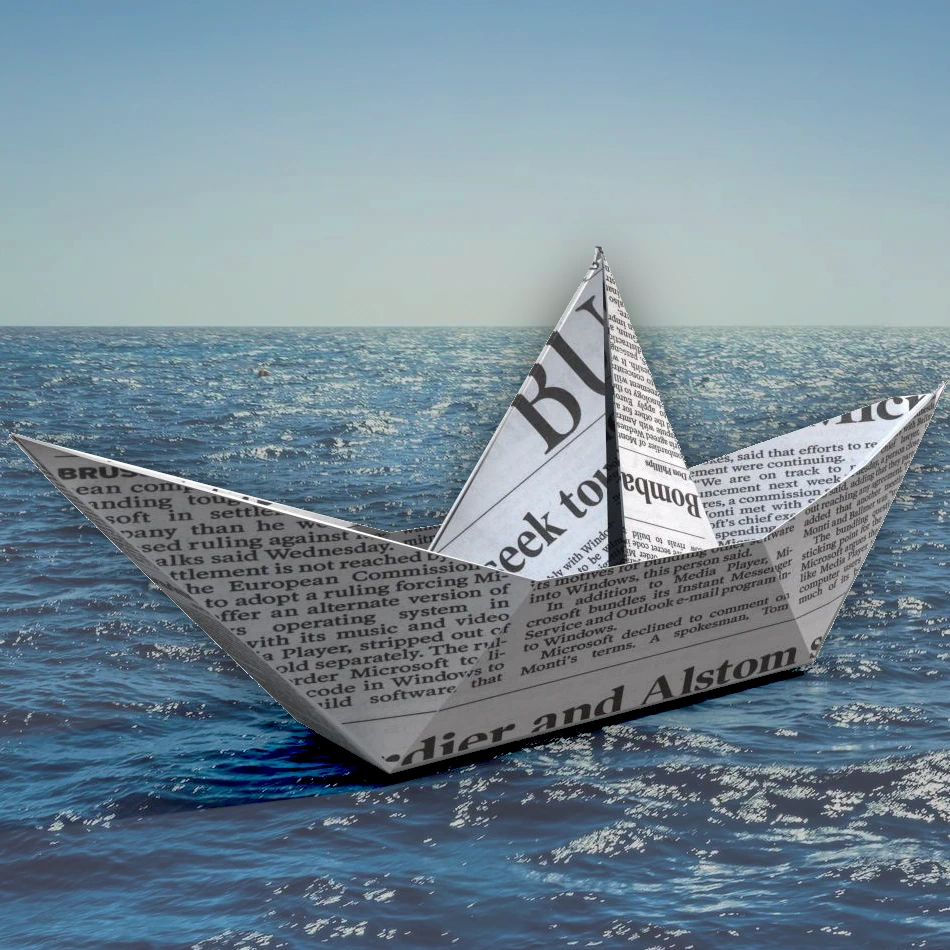
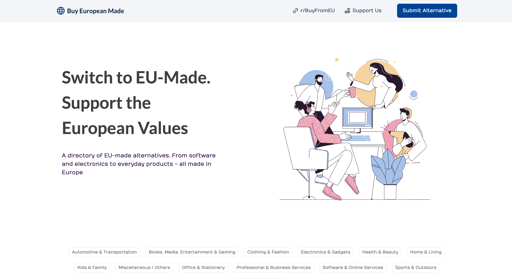
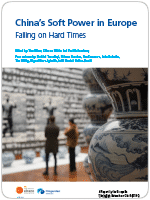
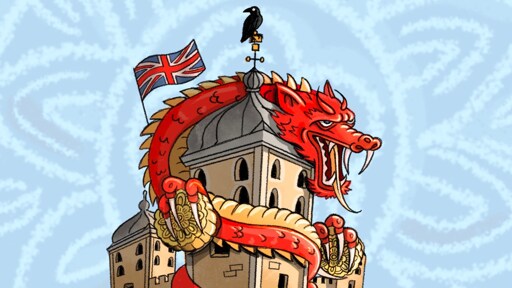

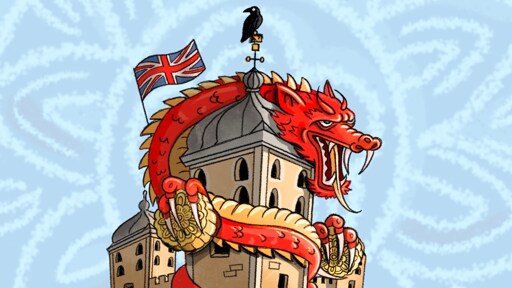
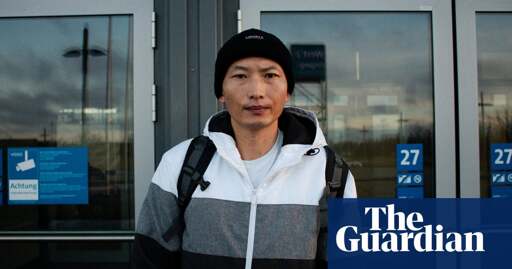
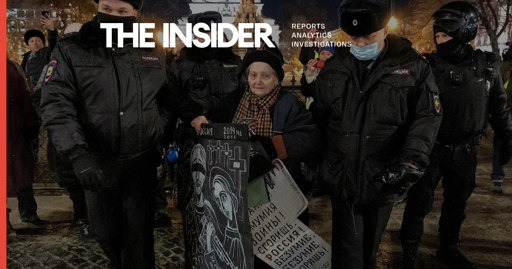
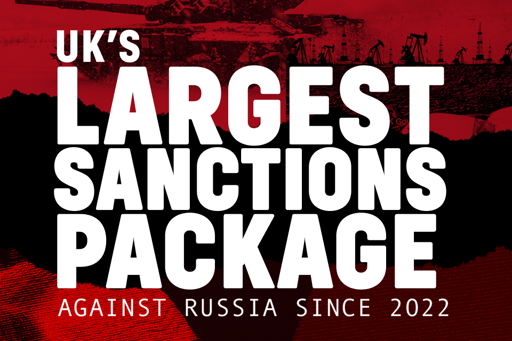

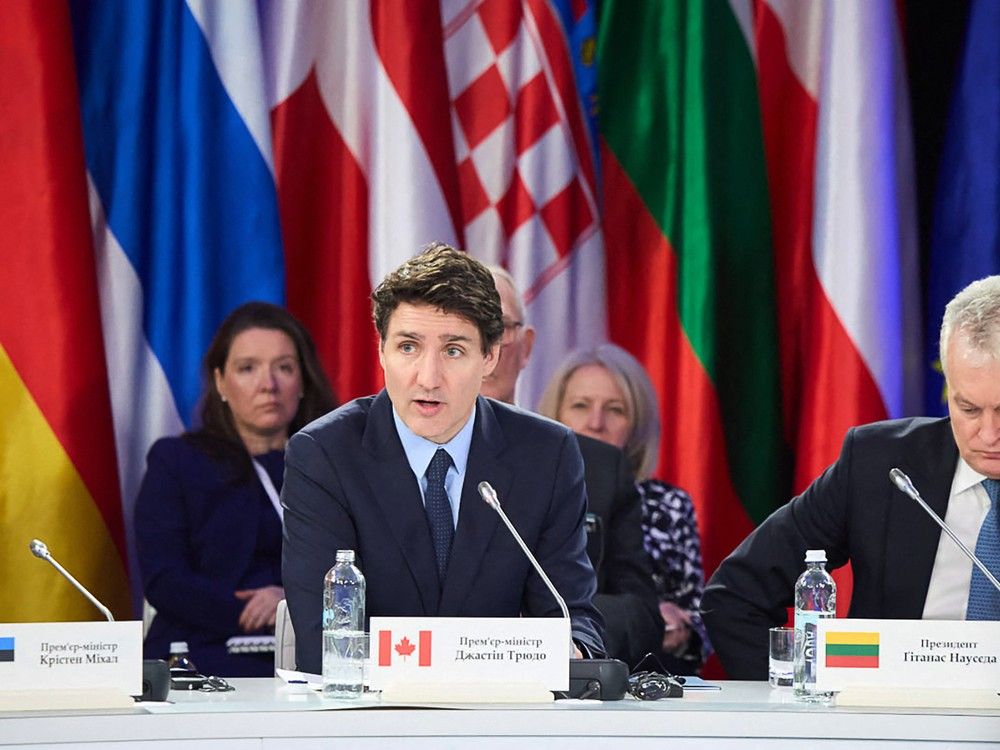
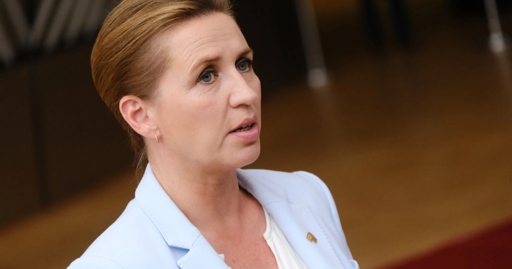
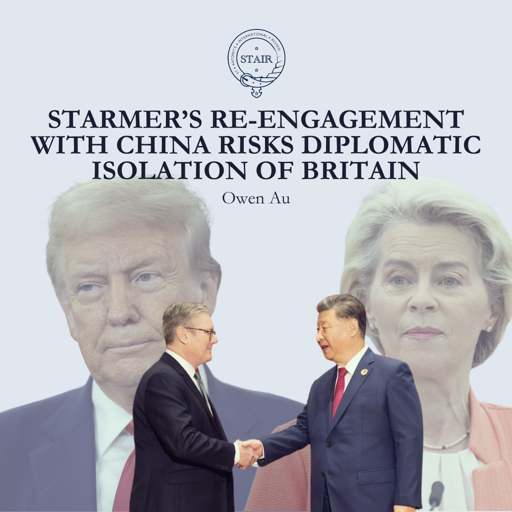
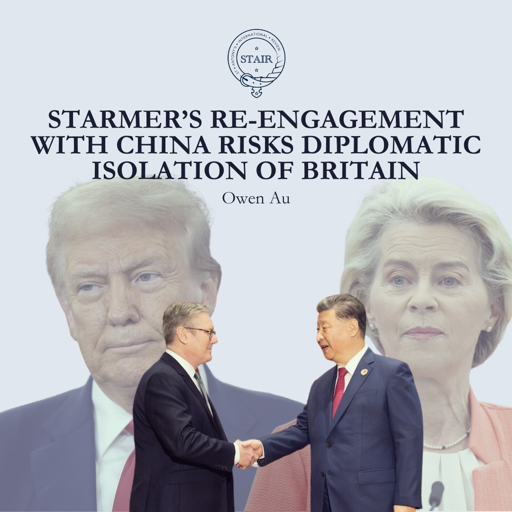

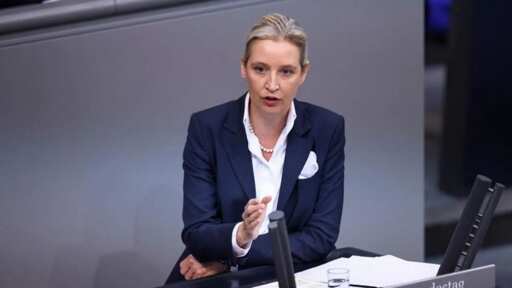
With regard to forced labour accusations, a new report by the International Labour Organization (ILO) published a couple of days ago criticizes - again - 'China’s system of transferring “surplus” rural workers […] into industries such as the processing of raw materials for the production of solar panels, batteries and other vehicle parts.’